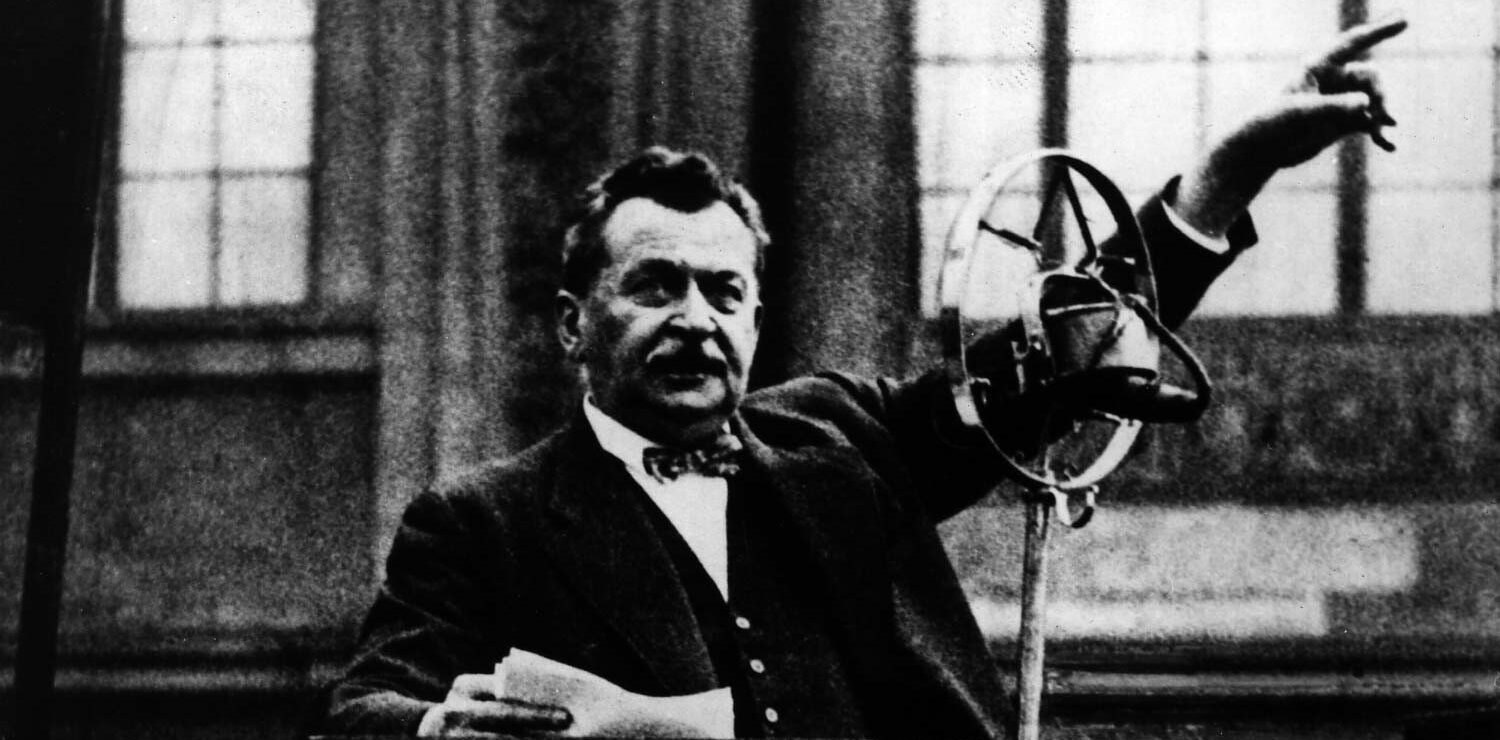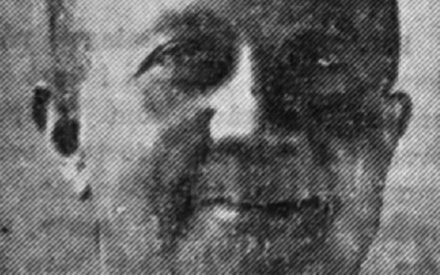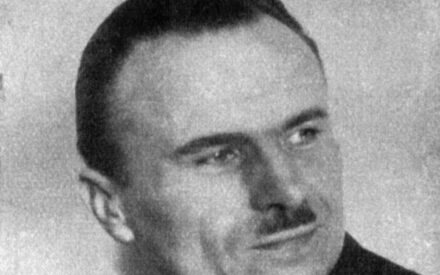
Otto Wels
After the Nazis seized power in Germany, thousands of people were forced to leave their country. They included leading politicians, such as the chairman of the Social Democratic Party Otto Wels. Otto Wels was chairman of the SPD between 1919 and 1933, and was also a member of the Reichstag. He went down in history with his last free speech in the Reichstag, on 23 March 1933, in which he spoke passionately against the acceptance of the „Law to remedy the distress of the people and Reich“, otherwise known as the Enabling Act, which deprived the Weimar Republic of its power. „You may take our freedom and our lives, but you will never take our honour“, were his historic words. After the approval of the Enabling Act, with all the Social Democrat deputies voting against, the persecution of Hitler’s political opponents in Germany grew ever more fierce.
In the end, Otto Wels, together with a large part of the party’s leadership, fled in spring 1933 via Saarbrücken to Prague. In Prague he was the driving force behind the party’s exile leadership, the SoPaDe. Although in exile, he did not give up trying to influence the political situation in Germany, producing various reports in which he tried to reveal the crimes of Nazi dictatorship. He wanted to cast a light on what was going on in the German dictatorship, and warn the Czechoslovak public. In 1937, however, the pressure on Czechoslovakia grew to such a level that Otto Wels and the exile leadership had to go to Paris. At the end of summer 1939 Otto Wels died in Paris at the age of 66.
Historian Mike Schmeitzner about Otto Wels:
Author: Lea Calmano
Foto: Archiv der Sozialen Demokratie, Friedrich-Ebert-Stiftung
Další místa na téma "SoPaDe"



